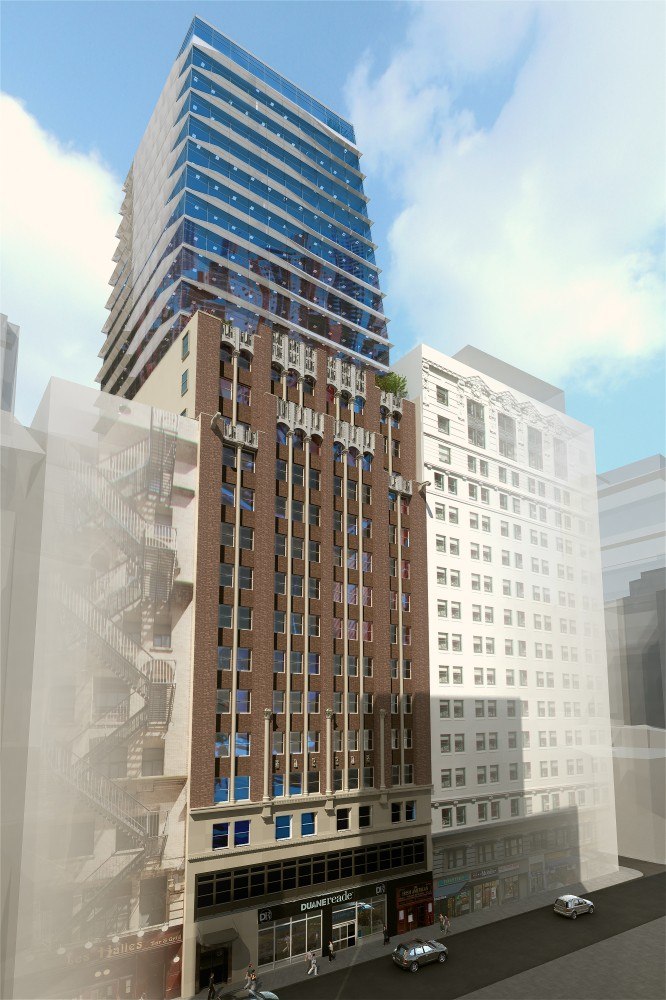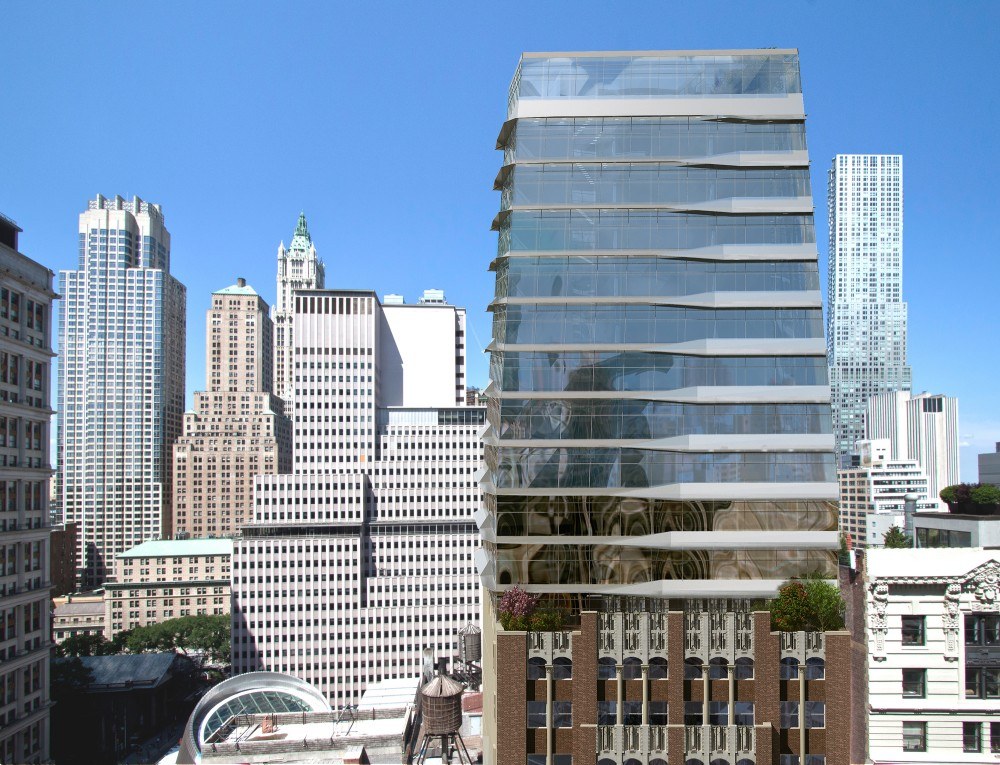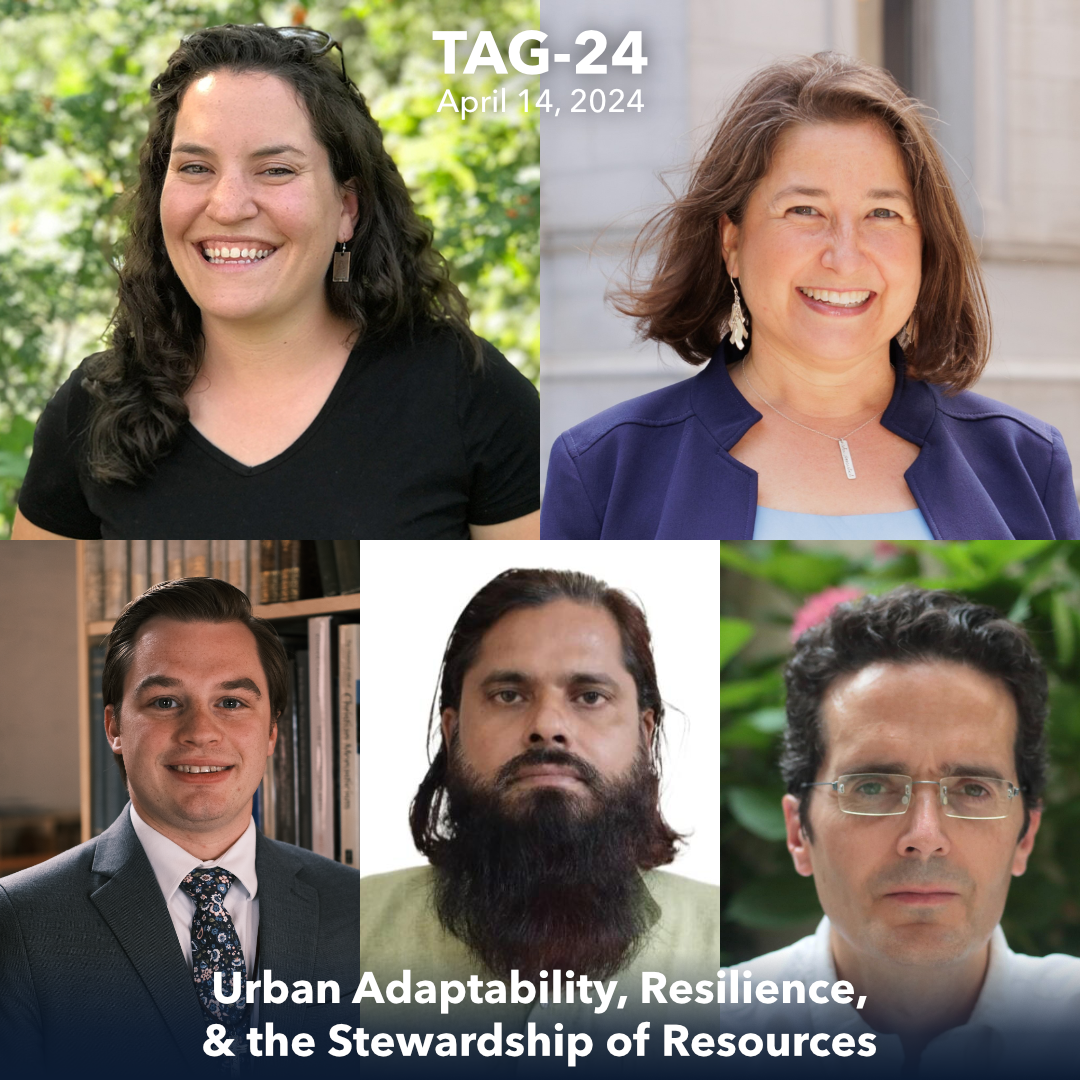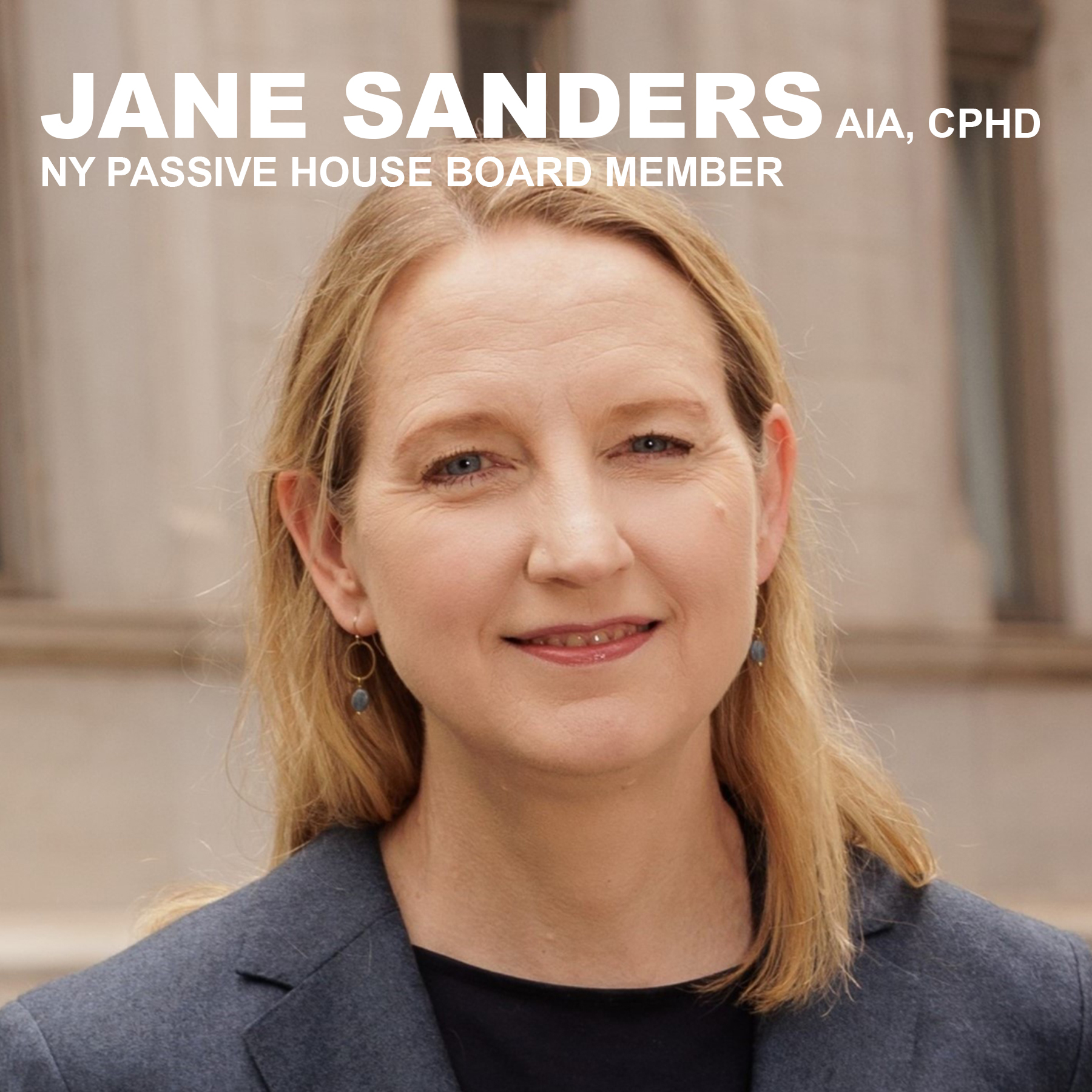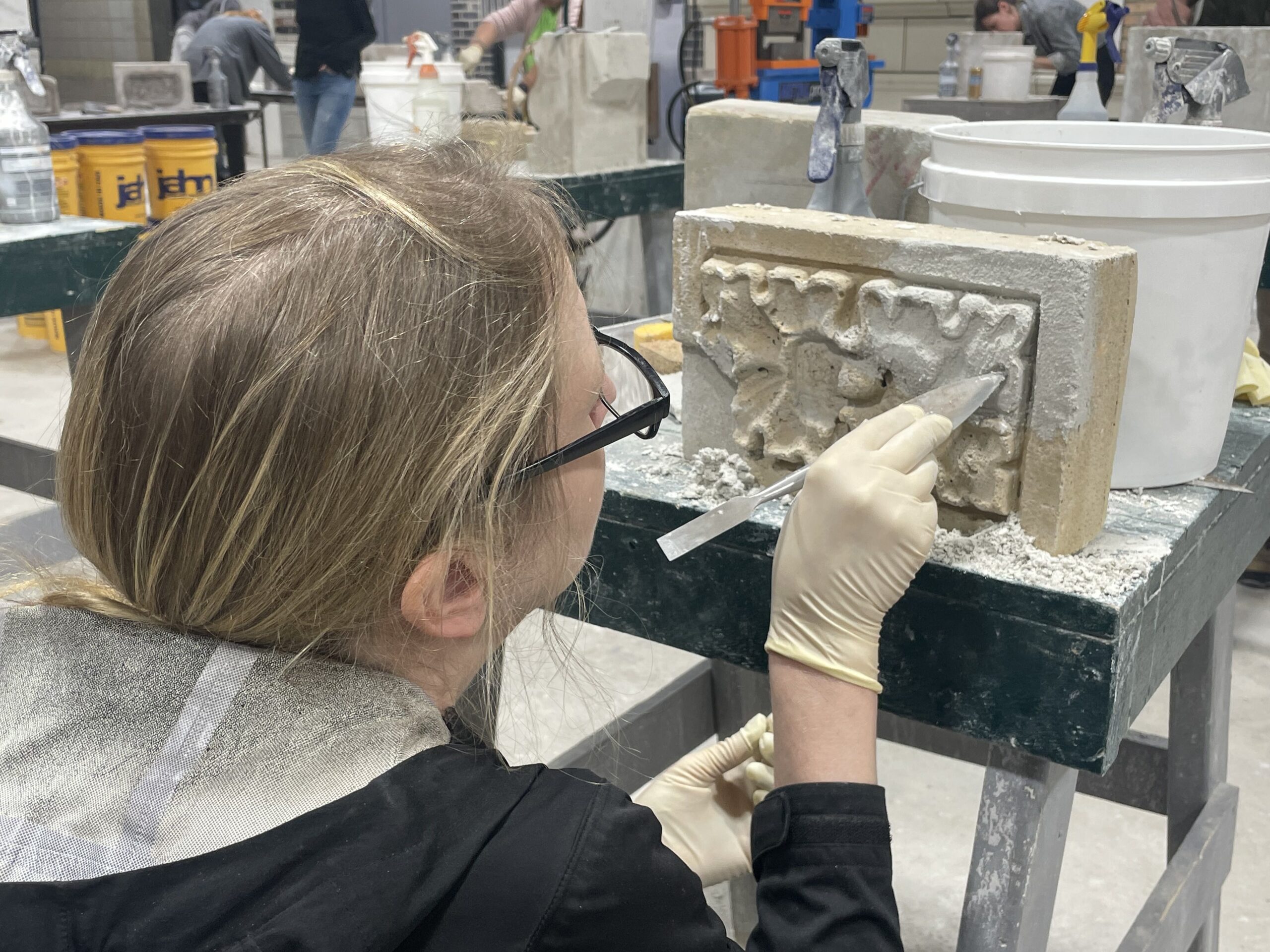Rory Stott reports for Archdaily.
Building off of the success of their crowdfunded BD Bacatá building in Colombia, the real estate group Prodigy Network has announced a plan to bring this same funding method to New York, with an apartment hotel in Manhattan named 17 John.
The project, a glassy rooftop extension to the existing art deco building at 17 John Street, has much in common with Prodigy Network’s past projects: the same funding method as their skyscraper in Bogotá as well as the same designer, Winka Dubbeldam, head of the New York practice Archi-Techtonics. Dubbeldam also previously helped them to crowdsource ideas for the future development of Bogotá in the “My Ideal City” project.
However, when applied to the USA, this funding paradigm – which is so promising in Colombia – becomes twisted beyond recognition. Upon close inspection, 17 John more resembles the standard developer’s model than anything else – and the claims of ethical superiority begin to melt away.
From the beginning, Prodigy Network’s funding method has stretched the definition of “crowdfunding”. This is not the sort of funding you might find on Kickstarter, where ‘backers’ usually offer anything between $5-$1,000 for a non-financial reward. The BD Bacatá tower, for example, was sold off in chunks of $20,000; rather than being a ‘backer’, those putting forth funds are investors, who expect a return on their investment.
Of course, there is nothing inherently wrong with this. A blog post by the prodigy network explains the social logic of this strategy: in traditional investment, “affluent individuals” with disposable income of around $20,000-$2 million are limited to investment options such as stocks or small property purchases, where they can expect a return of around 6%. On the other hand, “ultra high net worth individuals” have the option of “investment grade commercial real estate”, with returns of anything up to 29%.
“This paradigm is the basis for the conflict between the 1 percent and the 99 percent”, they claim, as the richer you are the easier it is to profit from investment. Their strategy, however, splits a high-return investment into bite-sized portions aimed at the lower end of the investment market. In Colombia, this strategy seems to have paid off, with a long running advertising campaign aimed at Colombia’s growing middle class – not just members of the 99 percent, but local people with an interest in investing in Colombia.
This is the foundation for the popularity of crowdfunding for developers: it offers a socially responsible way of funding buildings, which contributes to the local economy. By turning around the standard paradigm of ‘developers versus communities’, the crowdfunding approach has the potential to be a true game-changer in the building of democratic cities – and even serves as a neat PR hook into the bargain.
But this strategy does not travel well. In the first place, 17 John has been split into chunks of not $20,000, but $100,000, cutting out a significant portion of the “affluent individuals” which their strategy previously targeted. What’s more, strict rules in the USA governing investments mean that their campaign has a limited reach: as reported by the Wall Street Journal, investment opportunities must either be registered with the Securities and Exchange Commission, or only be available to “accredited investors.” That’s around 8.5 million Americans with an annual income over $200,000 or a net worth of at least $1 million.
Prodigy Network have opted for the latter, meaning that they have opened this investment opportunity from the 1 percent… to the 2.7 percent. Hardly a dramatic social change. What’s more, as the US investment regulations place no such restrictions on overseas investors, 17 John is likely to attract internationals hoping to make easy money on New York real estate, investors who will subsequently remove this money from the local economy. At 17 John, the social benefits of crowdfunding are hollowed out; what we are left with is no more than the veneer of PR.
There are many different forms of crowdfunding which may benefit society, but this one doesn’t seem to be on the list – a fact that hits home when one reads the terms and conditions on Prodigy Network’s website:
“Prodigy Network’s investments and/or services do not constitute “Crowdfunding” as described in Title III of the Jumpstart Our Business Startups Act (JOBS Act).”

